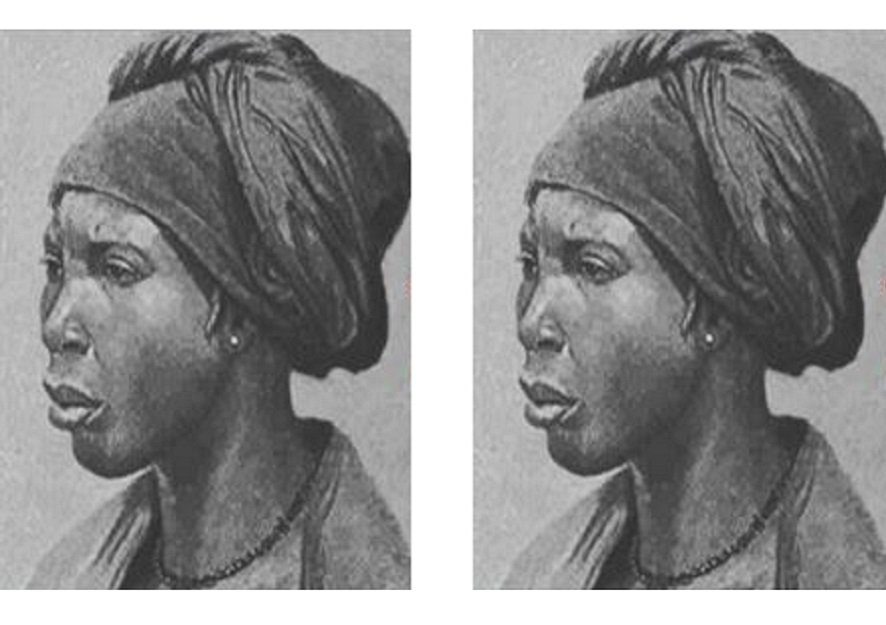Although the exact year of her birth is not traceable, Gogo Habiba was born in the early nineteenth century at a time when there was considerable political conflict in the Nupe Kingdom of Nigeria that led to its division.
Habiba was born to a prominent preacher and healer Mallam Muhammad Bangana who later became known as Mallam Dendo after he rose through the political structure to become a chief and ruler of the greater part of central Nupe. Her mother was a slave who was gifted to him by Prince Mayaji to win his favour and help unite the Kingdom again.
Although born of a slave, her father’s position in the kingdom made it possible for her to be raised as a legitimate child and enjoy the privileges of being born into a prominent household. As the only girl out of his 9 children and one of the three to survive death, Habiba was very much adored by her father.
Thanks to her father’s connections and the lessons she learnt from his untimely demise, Habiba went into trade and rose very fast as a wealthy businesswoman trading with the British and several other Westerners in West Africa. Although she became a prominent figure in the trading sector, she was not able to rise among the ranks politically because the Nupe system did not allow women to have such power although they were given the freedom to be prominent traders. Habiba changed all that after being able to penetrate into the political space.

Her rise into politics began in the 1850s when she was able to raise an army and stop a conflict between her brothers Usuman Zaki, the first Fulani Emir of Bida and Muhammad Saba alias Masaba, the second Emir of Bida, which had been going on since the death of their father in 1832. Through Habiba, the families of her brothers were sent to Ilorin to be protected. The conflict ended by the 1860s and Bida was made the new headquarters of Central Nupe. It was through this that she became a political leader of the women and had much say on governance due to the roles of her brothers.
While her power behind the throne increased, Habiba’s influence on trade spread beyond the kingdom and the untouchable woman soon became a slave trader alongside Madam Tinubu. Her unmatched power soon began to irritate several other merchants and noblemen who started to plot against her. Seeing that she was better off elsewhere, Habiba settled elsewhere in Bida with 6000 people following her to her new settlement.
Habiba Gogo of Bida soon controlled the strongest army in Nupe, her own brother, Emir Masaba was afraid to start a war with her although he was against her dealings in the slave trade. Interestingly, together with Madam Tinubu, Habiba made it impossible to sell slaves to westerners especially the British. They were rather sold or gifted to other kingdoms.
With the British showing strong interest in settling in Nupe, Emir
Masaba who now had less power in his own dynasty conspired with other noblemen and the British to end Habiba Gogo’s reign.
Through the ending of the slave trade in Nupe, Habiba lost her social and political standing in the kingdom. Annoyed by her brother’s action and sudden closeness to the British, she declared war but unfortunately lost the battle due to the fact that her brother’s army was given arms and weapons by the British. Her loss pushed her to commit suicide.

The death of Habiba Gogo of Bida saw the enactment of new laws that prevented women from becoming politically powerful. The British also took advantage of her absence and dominated the trading scene, finally taking over Bida and all of Nupe. For them, getting rid of Habiba had to happen at all cost as she prevented them from sending slaves to the new worlds or trading at huge profits. They were not on Emir Masaba’s side as they had made him believe.










